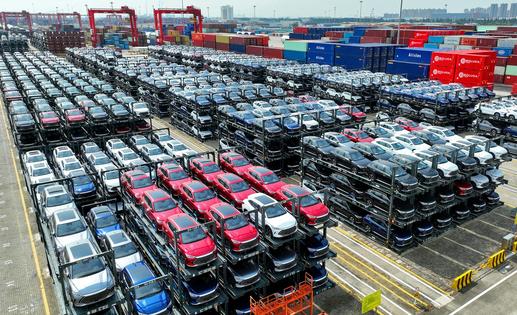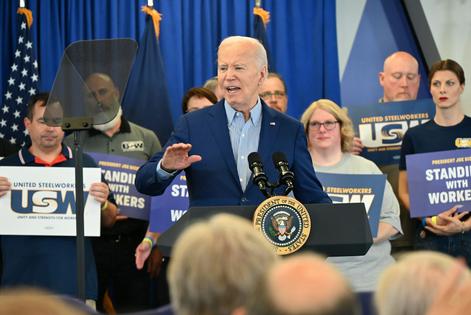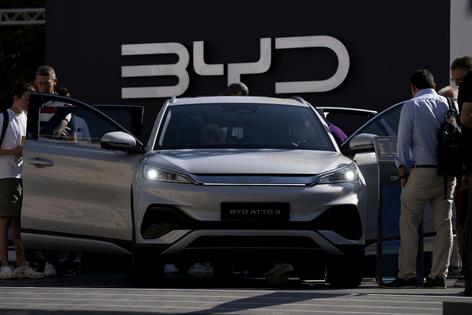History says tariffs rarely work, but Biden’s 100% tariffs on Chinese EVs could defy the trend
Published in News & Features
In June 2019, then-presidential candidate Joe Biden tweeted: “Trump doesn’t get the basics. He thinks his tariffs are being paid by China. Any freshman econ student could tell you that the American people are paying his tariffs.”
Fast-forward five years to May 2024, and President Biden has announced a hike in tariffs on a variety of Chinese imports, including a 100% tariff that would significantly increase the price of Chinese-made electric vehicles.
For a nation committed to reducing greenhouse gas emissions, efforts by the U.S. to block low-cost EVs might seem counterproductive. At a price of around US$12,000, Chinese automaker BYD’s Seagull electric car could quickly expand EV sales if it landed at that price in the U.S., where the cheapest new electric cars cost nearly three times more.
As an expert in global supply chains, however, I believe the Biden tariffs can succeed in giving the U.S. EV industry room to grow. Without the tariffs, U.S. auto sales risk being undercut by Chinese companies, which have much lower production costs due to their manufacturing methods, looser environmental and safety standards, cheaper labor and more generous government EV subsidies.
The U.S. has a long history of tariffs that have failed to achieve their economic goals.
The Smoot-Hawley Tariff Act of 1930 was meant to protect American jobs by raising tariffs on imported goods. But it backfired by prompting other countries to raise their tariffs, which led to a drop in international trade and deepened the Great Depression.
President George W. Bush’s 2002 steel tariffs also led to higher steel prices, which hurt industries that use steel and cost American manufacturing an estimated 200,000 jobs. The tariffs were lifted after the World Trade Organization ruled against them.
The Obama administration’s tariffs on Chinese-made solar panels in 2012 blocked direct imports but failed to foster a domestic solar panel industry. Today, the U.S. relies heavily on imports from companies operating in Southeast Asia – primarily Cambodia, Malaysia, Thailand and Vietnam. Many of those companies are linked to China.
Biden’s EV tariffs, however, might defy historical precedent and succeed where the solar tariff failed, for a few key reasons:
1. Timing matters.
...continued













Comments